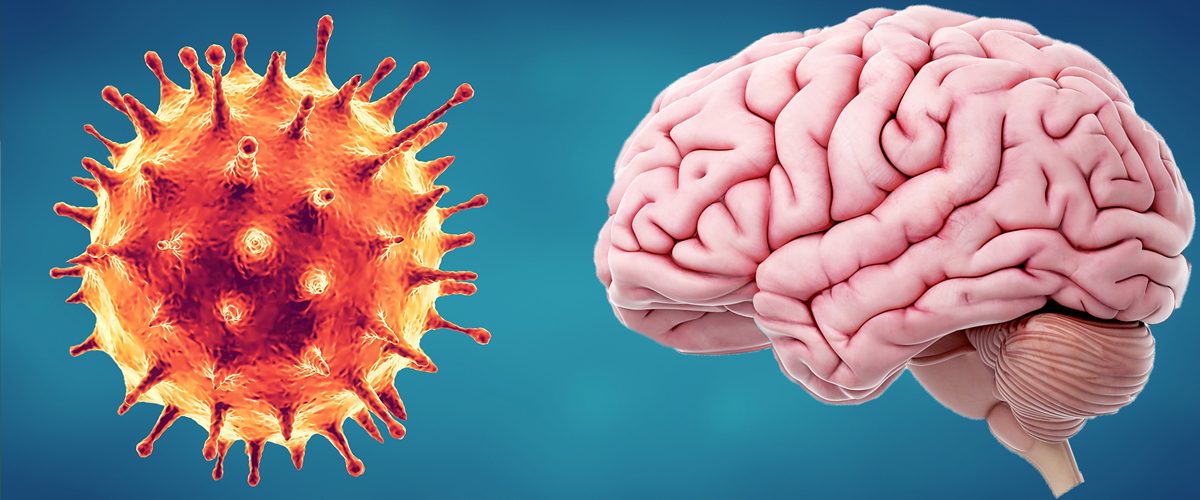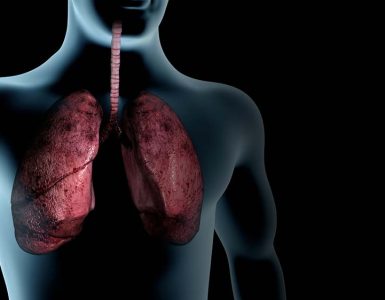The coronavirus has wreaked havoc in the world and has already infected more than 204 million people. But its negative effects do not stop once the disease goes away. Recent research has indicated that COVID-19 could have an impact on the functioning of our fight or flight response. This is contrary to the previous belief that the major area of concern was the respiratory system in those who are affected with COVID-19.
New research published in The Journal of Physiology found that otherwise healthy young people diagnosed with COVID-19, regardless of their symptom severity, have problems with their nervous system when compared with healthy control subjects. Particularly the sympathetic nervous system seems to malfunction (overactive in some and underactive in others) in those who are recently diagnosed.
Understanding what happens in the body shortly following diagnosis of COVID-19 is an important first step towards understanding the potential long-term consequences of contracting the disease.
For this study, 16 young adults aged approximately 20 years old who had a COVID-19 diagnosis several weeks before were selected. They were put through several tests for measuring their muscular sympathetic nerve activity, along with blood pressure, heart rate, lung function, and exercise capacity. They used a technique called microneurography, which records the electrical impulses of a particular nerve and measures how many bursts of electrical activity are happening and how big the bursts are. They also underwent a “cold pressor test”. Then the results of these volunteers were compared with young healthy patients, who didn’t have COVID-19 diagnosis previously. Before the pandemic, the scientists carried out identical tests on an age-matched group of 14 healthy volunteers, who served as controls.
The microneurography showed that resting sympathetic nerve activity was greater in the COVID-19 group than in the control group, while the result of the cold pressor test showed that the COVID-19 subjects rated their pain substantially lower than healthy subjects typically do.
The overall finding of the study was that the sympathetic nervous system of COVID-19 patients appears to be seriously under-active.
There are certain limitations to the study like it is a small cohort, but the findings do match up with another report, which suggests that “people experiencing COVID-19 symptoms for months on end – are unable to keep their standing heart rate from beating out of control.”
Another limitation is the cross-sectional nature of the study meaning that we don’t know what the COVID-19 subjects’ nervous system activity “looked like” before they were diagnosed with COVID-19.

The author writes in the report, that “If similar autonomic dysregulation, like that found here in young individuals, is present in older adults following SARS-CoV-2 infection, there may be substantial adverse implications for cardiovascular health.”
Abigail Stickford, senior author on this study said, “Through our collaborative project, we have been following this cohort of COVID-19 subjects for 6 months following their positive test results. This work was representative of short-term data, so the next steps for us are to wrap up data collection and interpret how the subjects have changed over this time.”
















Add comment